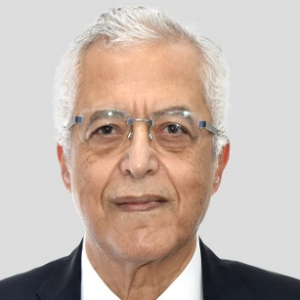Reticular Tissue
Reticular Tissue is a specialized form of connective tissue that plays a crucial role in providing structural support and maintaining the architecture of various organs and tissues in the body. Composed of reticular fibers, fibroblasts, and ground substance, this type of tissue forms a delicate network or mesh-like framework. The reticular fibers, primarily made of collagen, create a supportive framework in organs such as the spleen, lymph nodes, bone marrow, and liver. This intricate network offers a scaffold for other cells and structures, facilitating the exchange of nutrients, waste products, and immune cells. Reticular tissue is particularly abundant in lymphoid organs, contributing to the structural framework that supports immune system activities. The presence of reticular tissue in bone marrow aids in the formation of blood cells, while in the spleen, it provides a framework for immune response and blood filtration. Disorders affecting reticular tissue can impact the normal functioning of these organs, highlighting the importance of understanding the role of reticular tissue in maintaining tissue architecture and function throughout the body. Ongoing research aims to unravel the complexities of reticular tissue dynamics and its significance in various physiological and pathological conditions.

Nagy Habib
Imperial College London, United Kingdom
Lucie Bacakova
Institute of Physiology of the Czech Academy of Sciences, Czech Republic



Title : AI-integrated high-throughput tissue-chip for space-based biomanufacturing applications
Kunal Mitra, Florida Tech, United States
Title : Stem cell technologies to integrate biodesign related tissue engineering within the frame of cell based regenerative medicine: towards the preventive therapeutic and rehabilitative resources and benefits
Sergey Suchkov, N.D. Zelinskii Institute for Organic Chemistry of the Russian Academy of Sciences, Russian Federation
Title : In vitro evaluation of lyophilized Dedifferentiated Fat cells (DFAT) impregnated artificial dermis
Kazutaka Soejima, Nihon University, School of Medicine, Japan
Title :
Nagy Habib, Imperial College London, United Kingdom
Title :
Alexander Seifalian, Nanotechnology & Regenerative Medicine Commercialisation Centre, United Kingdom
Title : The regenerative medicine of the future
Marco Polettini, DVM, Italy